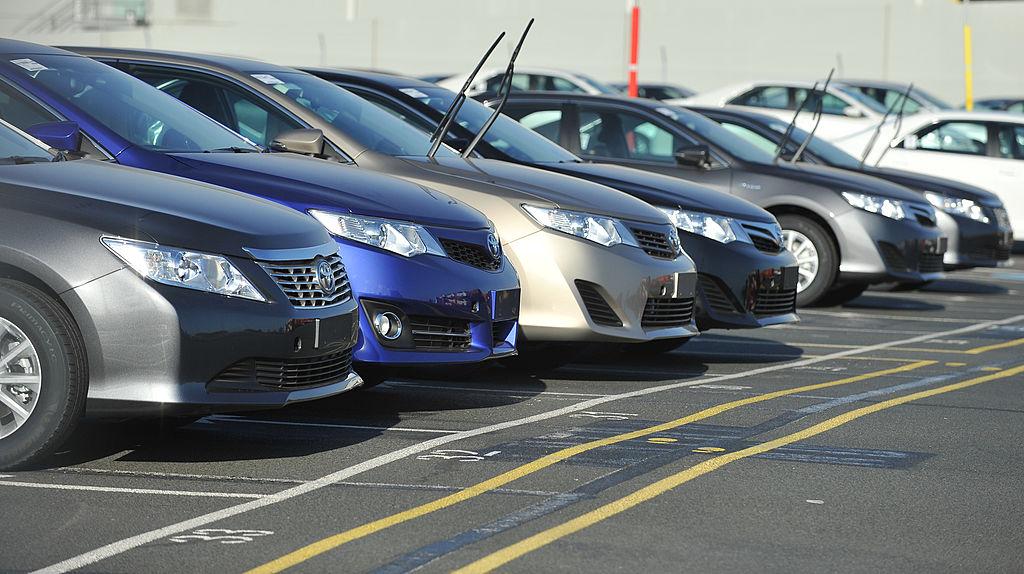Australians looking to buy a reasonably priced car may need to wait for another two years for prices to go back down, and even then, its unlikely to go down to pre-pandemic prices.
Ajay Bhatia, the managing director of Carsales Australia, told The Epoch Times that he believes car prices have plateaued and will remain elevated for the next two years.





